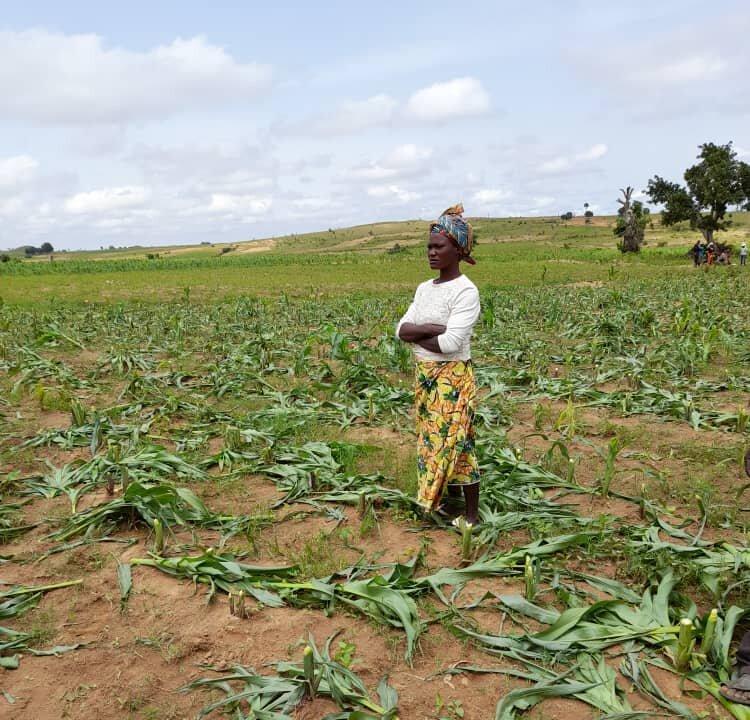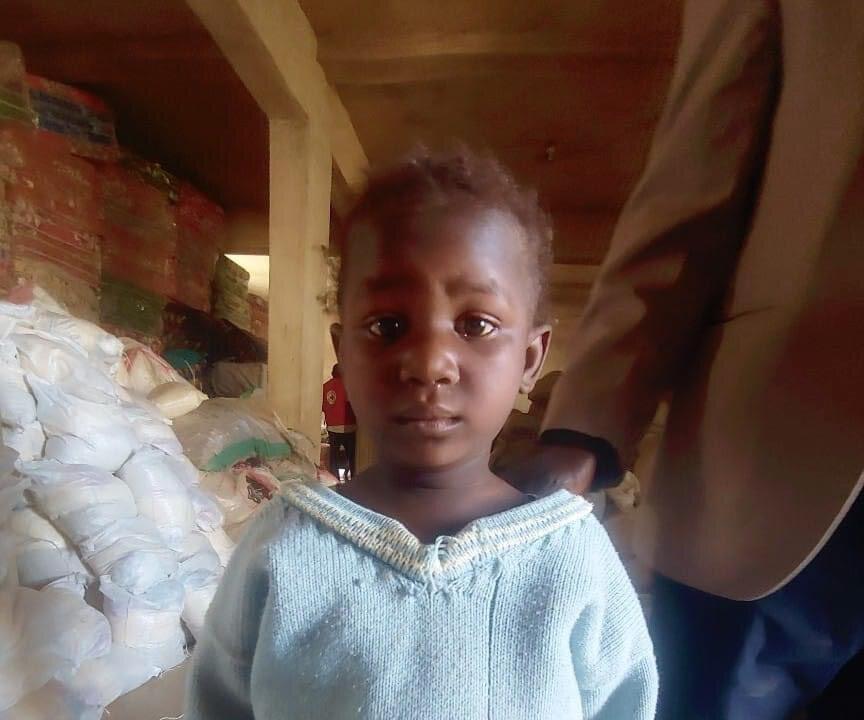JOS, Nigeria—Half of Nigeria’s rural population in central Plateau state may face famine next year following mass crop destruction by Fulani terrorists waging a so-called food war, which means hunger for millions.
The Fulani are a Muslim ethnic group that has been waging a sectarian war inside of Nigeria, with crop destruction serving as its latest tactic. At least 1,042 crop farms have been despoiled in the last six months, according to Solomon Dalyop, CEO of the Emancipation Centre for Crisis Victims in Nigeria, a local nongovernmental organization tracking terror attacks.





